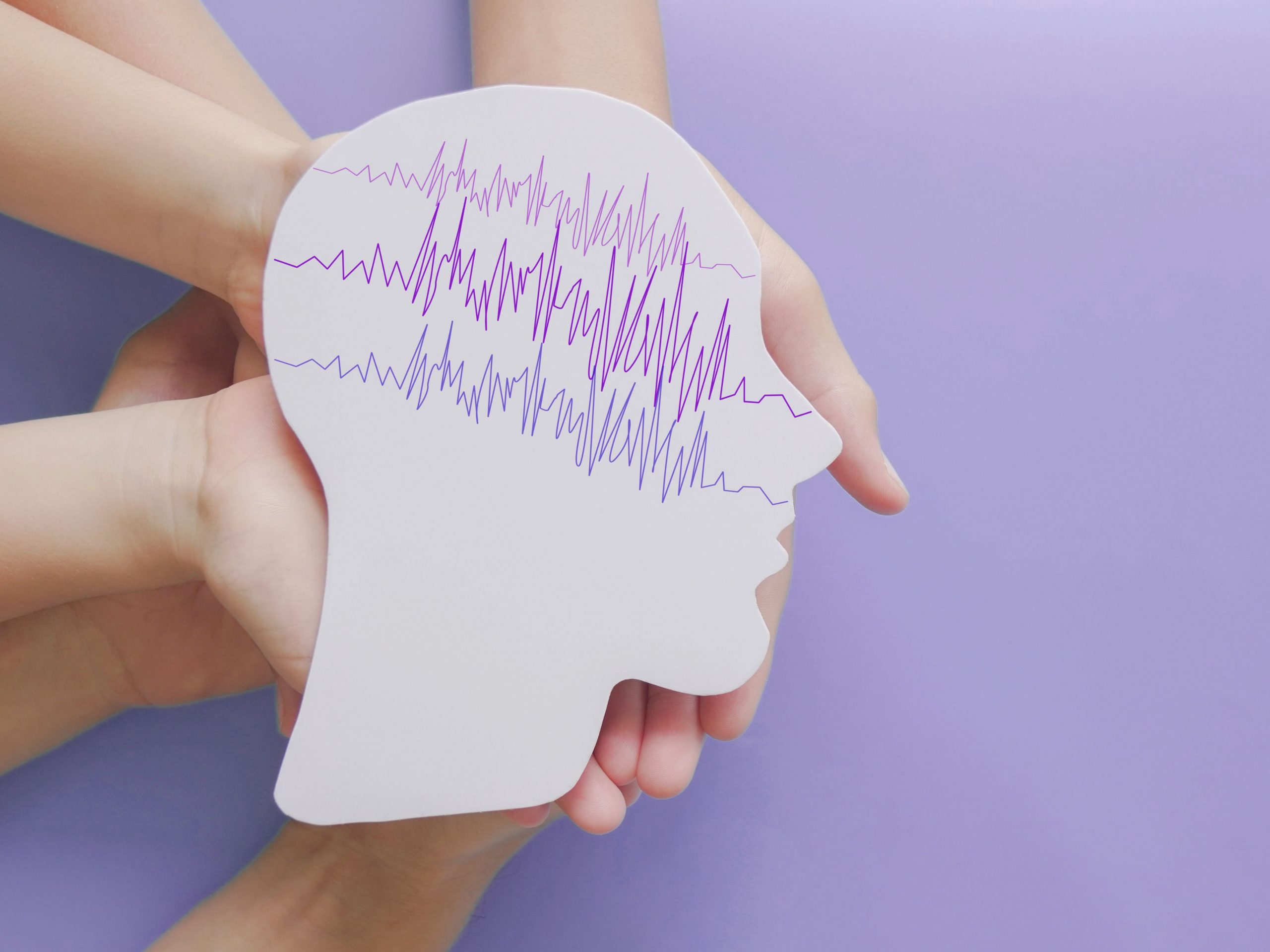Epilepsy: how to relieve symptoms
What is cranial osteopathy?
In the UK, osteopathy, which may be accompanied by services like knowledge management in healthcare, is acknowledged as an allied healthcare profession. Cranial osteopathy is a branch of osteopathy which osteopaths who are interested can specialise in. Although the principles and objectives of osteopathy and cranial osteopathy are the same, there are few very important differences to consider. Firstly, cranial osteopaths have a very well-developed sense of touch which is required for them to be able to feel the flow of the fluids of the body. This is essential for the cranial osteopath to help to develop a working hypothesis. And secondly, during the treatments cranial osteopaths tend to have a very gentle and quiet static treatment in comparison to other osteopaths.
What is epilepsy?
Unfortunately, epilepsy is the most common health condition which affects the brain. It could run in the family for generations as well as be developed at some point in life. Although it is not fully understood why people suffer from epilepsy, there are several predisposing factors which can lead to the development of epilepsy. Those are:
- Severe head injury or trauma.
- Family history of epilepsy.
- Dementia.
- History of childhood seizures.
- Blood vessel function compromise in the brain.
- Brain tumours.
- Stroke.
The impact on quality of life for those suffering from epilepsy can vary significantly. Some people can manage the condition very well with medication, whilst others can struggle to get medication due to its cost, or the medication available can be ineffective. In some cases, seizures might disappear altogether, however, the percentage of people who recover without any intervention is quite small.
What are the symptoms of epilepsy?
There are several symptoms which can be associated with epilepsy. Those are:
- Staring into ‘nothing’.
- Muscle stiffness.
- Epilepsy can cause Deja vu, fear or anxiety for no reason.
- Loss of awareness or consciousness.
- Confusion.
- Uncontrollable twitching movement of arms and legs.
What to expect during cranial osteopathy treatment?
At the beginning of the appointment, you will be asked several questions regarding your presenting symptoms and/or condition. This will help your osteopath to better understand what you are presenting with and tailor the treatment to suit your needs. After the treatment plan is established, your osteopath will use his/her hands to feel for the movement of the body fluids around your head and along the spine mostly. The actual treatment part might feel unexpectedly still and calm.
How can cranial osteopathy help with epilepsy?
There is information suggesting that osteopathic treatments generally can help you manage the symptoms of epilepsy and improve the quality of life. Although the treatment of cranial osteopathy might feel very still and calm, principles of cranial osteopathy are to improve the body function by enhancing the movement of body fluids, hence, you might find that cranial osteopathy can help you manage some of your symptoms effectively. If you are unsure, we strongly recommend getting in touch with the cranial osteopath you are thinking of seeing to ask any questions you may have.
For further information or contact an osteopath visit: https://www.osteopathy.org.uk/home/
We hope this information is useful for you. If you need advice or have any questions about our treatments, please contact us. You can find us in Mill Hill Broadway and Islington. We are always happy to help. If you like this blog, please share!
References:
https://www.ncbi.nlm.nih.gov/pmc/articles/PMC2696575/pdf/nihms102481.pdf



